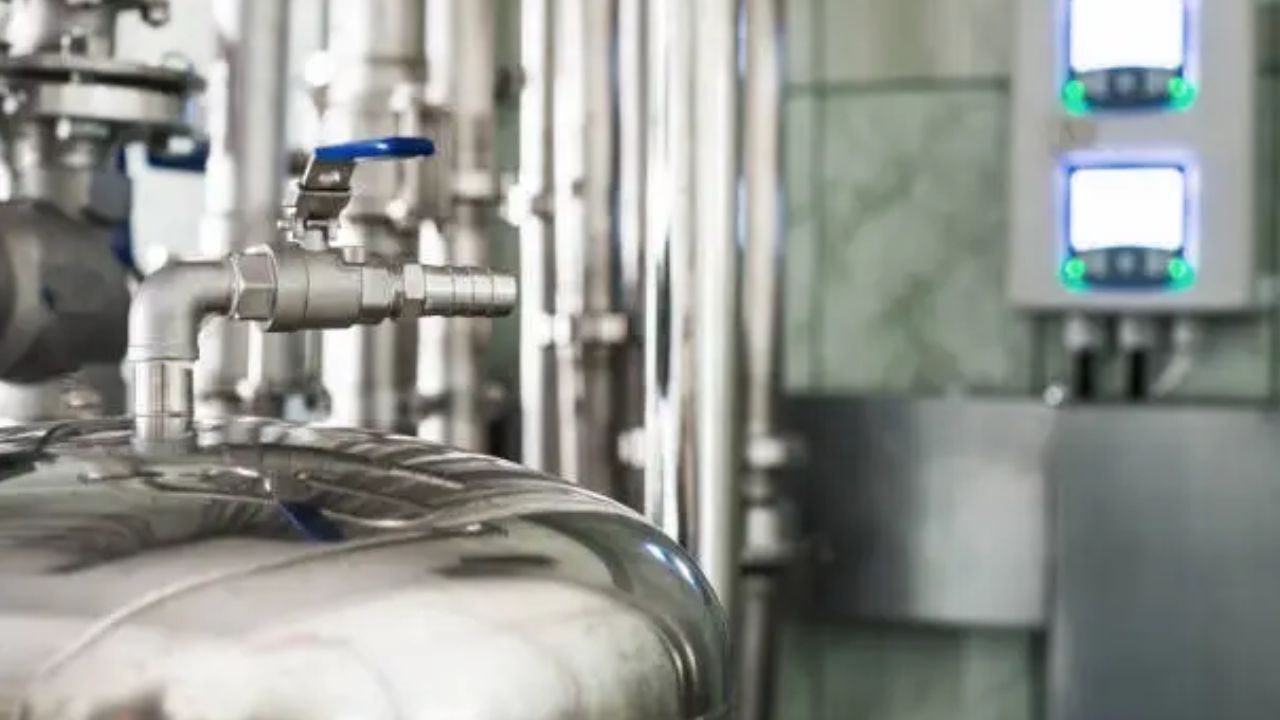
Let’s take a closer look at stainless ball valves made of steel, also known as ball valve SS. These nifty little gadgets play a crucial role in all sorts of industrial setups – from oil and gas plants to chemical factories and even car manufacturing facilities. Their primary job? Controlling the flow of liquids or gases in these high-stakes environments. Pretty important stuff, right?
Despite being tough as nails, these valves aren’t invincible superheroes. They need regular maintenance and TLC to keep them operating at peak performance and ensure they stick around for the long haul.
Think of it like getting a tune-up for your car or giving your smartphone a fresh coat of screen protector – a little preventative care goes a long way in keeping things running smoothly.
In this comprehensive guide, we’re delve into the details of why regular maintenance is an absolute must for stainless steel ball valves.
But before that, let’s get into the ins and outs of ball valves:
Understanding Stainless Steel Ball Valves
Stainless steel ball valves, or ball valve stainless steel, are robust devices manufactured from materials like round bars, forged bars, hollow bars, and hex bars. Including chromium in their composition gives these valves anti-corrosive properties, making them highly resistant to harsh chemicals and extreme temperatures. This durability and remarkable performance render them invaluable in industries such as food processing, where sanitation is crucial.
Distinguishing Features of Ball Valve SS
Ball valve SS are favoured over other types of valves due to their:
- Compact, economical designs
- Rapid shut-off speeds
- Durability in high-pressure, high-volume, and high-temperature applications
- Resistance to corrosion or damage
- Extended service life
- Versatility in various industrial applications
With these advantages, most ball valves are designed to be maintenance-free and intended to be replaced rather than repaired when problems arise. However, by taking the proper preventive measures, the life of ball valve stainless steel can be extended by years.
Why Regular Maintenance is Essential
Regular preventative maintenance ensures ball valves’ longevity and significantly reduces the risks of fatalities, unexpected failure, and breakdowns. This, in turn, minimizes plant downtime, helps avoid sudden breakdowns and unforeseen repair costs, and can even avert situations that could lead to substantial financial loss. A well-implemented maintenance setup can save time and money in the long run, leading to substantial cost savings.
-
Following the Manufacturer’s Specifications
Every ball valve SS comes with a set of manufacturer’s specifications and instructions for preventive maintenance. Adhering to these guidelines can help maintain the valve’s optimal performance and longevity.
-
Regular Inspections
Regular inspections of stainless steel ball valves find leaks and check performance. Inspection schedules vary by use. For example, high-pressure and high-cycle valves need more checks. Skilled inspectors look for mineral buildup, corrosion, or leaks. They also ensure the position indicator, exhaust, and air filtration are accurate. Moreover, they check that nuts and bolts are tight and secure.
-
Seal Replacement
The frequency of ball valve seal replacements varies with the valve’s design. However, regularly checking and replacing seals in a three-piece design is crucial. This action extends the valve’s life and keeps the processing system efficient.
-
Lubricating Ball Valves
Lubrication is vital for some ball valves. It enhances seal effectiveness and cuts abrasion risks. This keeps valves working smoothly.
-
Regular Cleaning of Ball Valves
Cleaning ball valves regularly is crucial. This prevents debris buildup, which can block flow and slow the system. In dusty or dirty areas, clean them more than once a year.
When to Consider Ball Valve SS Replacement
While most damages can be repaired, significant damage may necessitate the replacement of the ball valve. Replacing a ball valve should be considered when the repair cost exceeds the replacement cost. However, in most cases, repairs are often more cost-effective and faster.
Conclusion
Maintaining stainless steel ball valves is vital for adequately functioning an industrial process system. It helps prevent equipment failures, damage to the system, and safety hazards for workers. By executing a proper maintenance program, including regular cleaning and inspection, businesses can save money in the long run and ensure that their ball valves perform optimally and last as long as possible.


